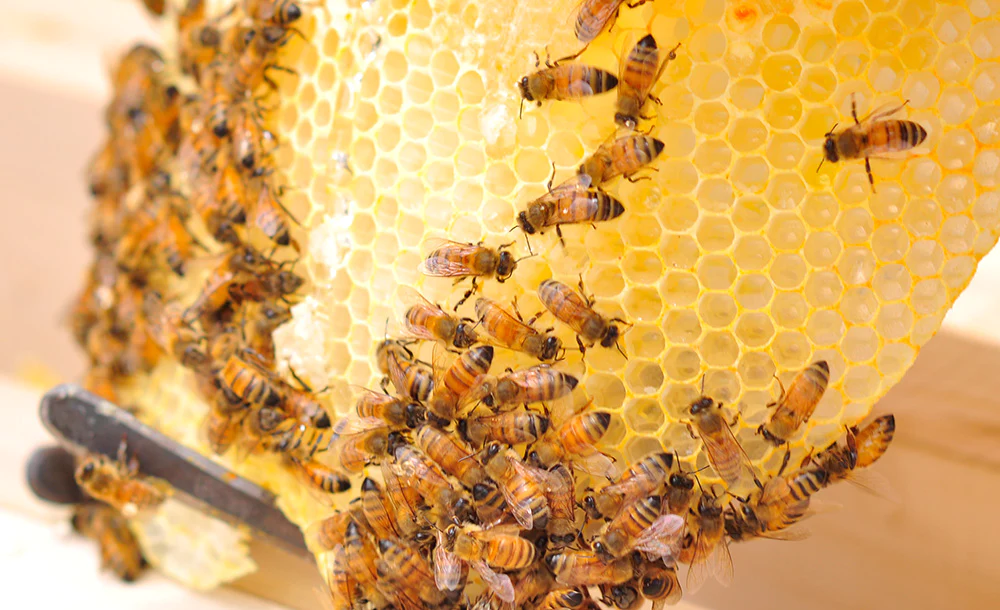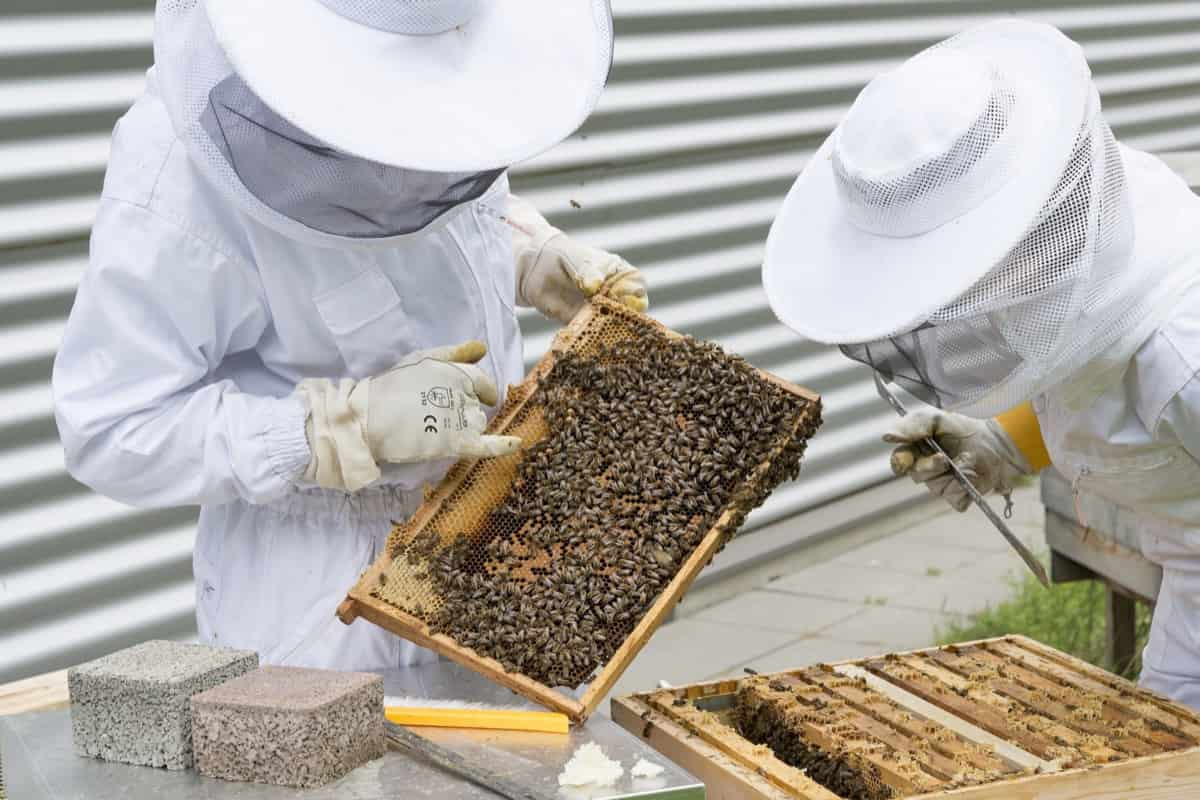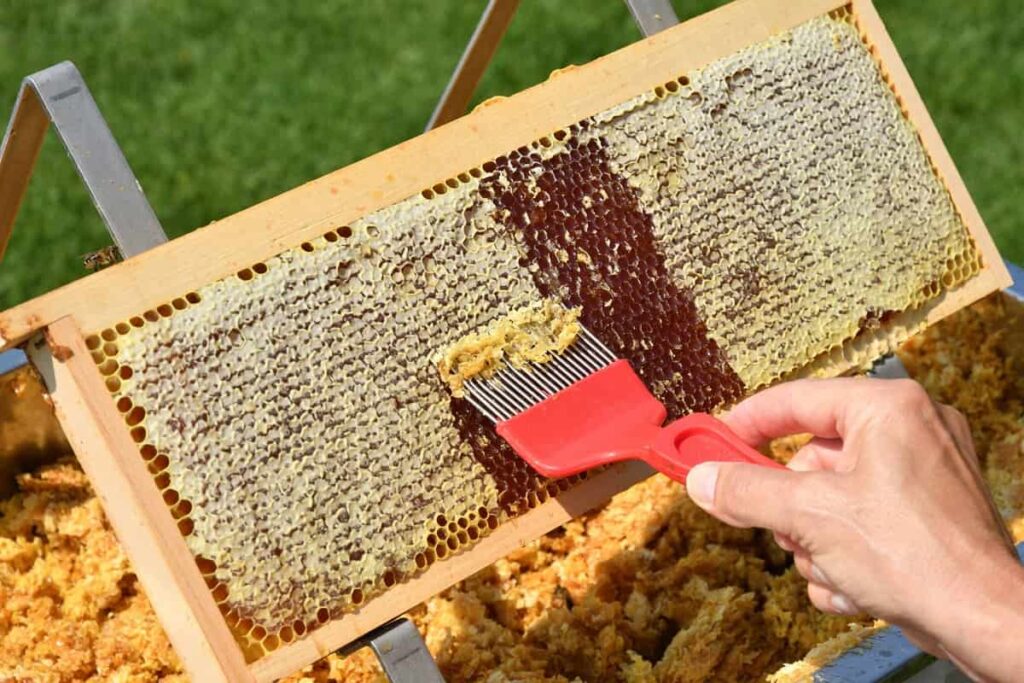What is Contract Farming in Beekeeping?
Contract farming in beekeeping is a type of agreement between beekeepers and buyers, in which the beekeeper agrees to produce honey and other bee products and deliver them to the buyer at a predetermined price. The buyer provides the necessary inputs, including beekeeping equipment, technical know-how, and financial resources, to the beekeeper. The agreement also specifies the quality standards, quantity, and delivery schedule of the bee products.


Benefits of Contract Farming in Beekeeping
Contract farming in beekeeping has several benefits, both for beekeepers and buyers. Some of the benefits are:
- Market Access
- Higher Income
- Access to Technology
- Reduced Risk
- Quality Standards
Challenges of Contract Farming in Beekeeping
Despite its benefits, contract farming in beekeeping also has some challenges. Some of the challenges are:
- Power Imbalance
- Price Risk
- Quality Control
- Dependence on Buyers
- Legal Issues


Role of Contract Farming in Beekeeping
Contract farming plays a crucial role in the beekeeping industry. It provides beekeepers with access to markets, technologies, and financial resources, which can increase their income and reduce their risks. It also enables buyers to secure a reliable supply of quality honey and other bee products at a fixed price. Contract farming can promote the adoption of modern beekeeping practices, which can increase productivity and reduce production costs.
Conclusion
Honey bee contract farming is an increasingly popular option for those interested in apiculture in India. A number of companies offer this service, and the cost is generally very reasonable. The biggest benefit of contract farming is the increased yield that can be achieved, as well as the improved quality of the honey.

